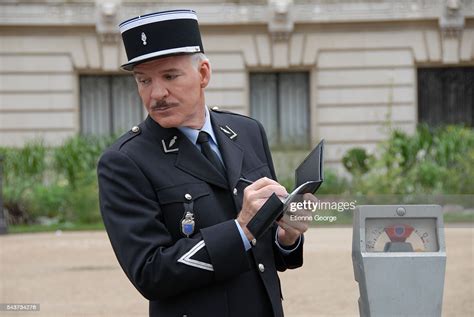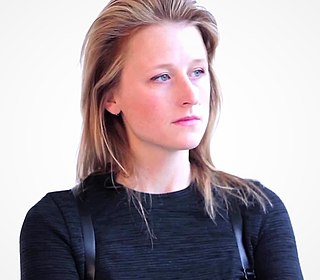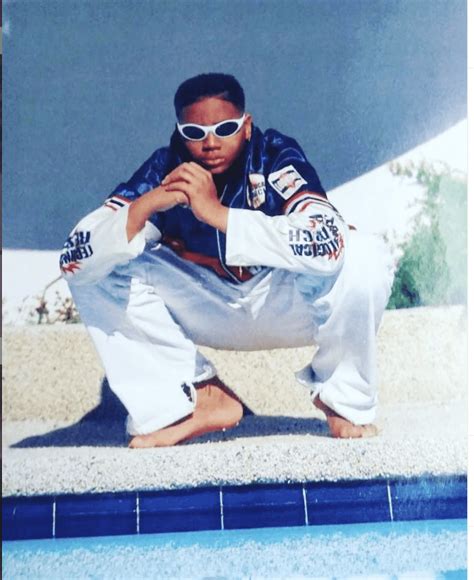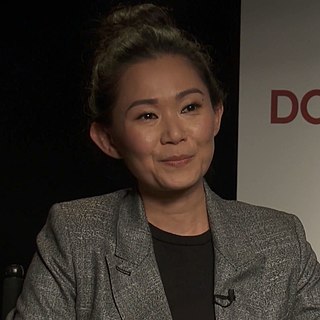A Quote by Alejandro Gonzalez Inarritu
I leave the story room to grow into what the movie is driving me to do.
Related Quotes
People believe that there's no room for change, there's no room to grow and if we're talking about this idea of God which is the infinite then there's no way that there's no room to grow because infinity is endless. So there must be more room to understand more and to evolve the way we think about this idea.






































